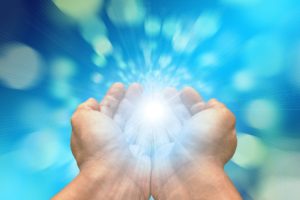
Lately I’ve been listening to/reading Dr. Gabor Maté’s new book, The Myth of Normal. It’s a large, wide-ranging tome, with the subtitle Trauma, Illness & Healing in a Toxic Culture.
If you’ve been following me at all, you know that I have lately been very concerned with intersectionality – the different axes of oppression that people can experience, such as racism, sexism, ableism, cissexism, heterosexism, religious persecution, etc. These factors can come together to create stress, whether it is mental, physical, social, financial, or any combination of those. These stresses can cause our bodies to respond with illness, especially chronic illnesses such as autoimmune diseases. Often, we may have developed coping mechanisms as children that allowed us to survive difficult circumstances, but are not helpful to us as adults – for example, people pleasing and perfectionism, never allowing ourselves to show or indeed feel anger, emotional numbing leading to anxiety and depression, and so on.
Dr. Maté has written a number of books exploring the effects of childhood trauma on addictions, neurological disorders such as ADHD, and chronic illness. His latest book brings everything together – from the cellular level to the effects of late-stage capitalism and consumer culture. The final chapters of the book are about healing.
Healing, the good doctor says, is not the same as being cured – it is not an endpoint of absence of disease, but a movement towards wholeness. Any movement towards wholeness begins with an acknowledgement of our own suffering, and that of others in the world. Dr Maté describes this process as being exceptionally difficult, but it is work well worth doing. Of course, we don’t want to stay in the place of victimhood – but we do need to face the truth of the situation, to the best of our ability.
Dr. Maté offers four principles that allow us to move through the process of healing: Authenticity, Agency, Anger and Acceptance. Each deserves an essay to itself, and I hope to explore them more in the future. In the meantime, I recommend checking out that section of the book, even if you don’t read any of the rest of it. In brief, these four principles allow us to retrieve our self that may have been buried under layers of coping mechanisms from our childhood. What greater gift can we give ourselves, our loved ones and the world?
I’d love to know what you think. Just hit reply or leave a comment!
